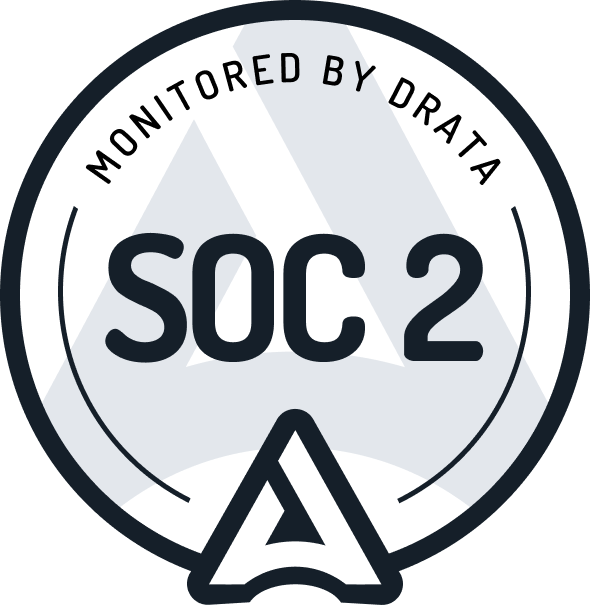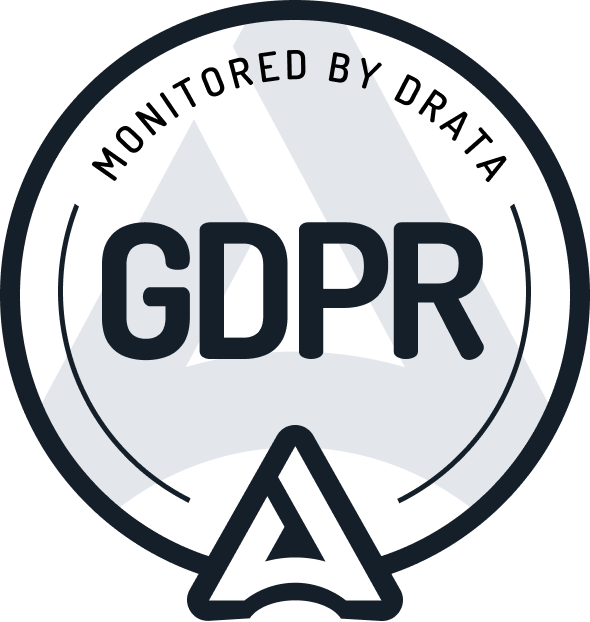
How OSS startup TerminusDB tackles DevRel
Get notified when customers mention you online - with Crowdlens
We're excited to introduce our newest blog format: "The Rise of Community". In this interview series, we'll regularly catch up with thought leaders in the fields of community building, developer marketing, and DevRel. For our first interview, I sat down with Cheuk Ting Ho, who is Developer Relations Lead at TerminusDB - a commercial open source startup based in the UK.
Jonathan Reimer: Hi Cheuk, happy to have you! Let's get started: How did you get into DevRel?
Cheuk Ting Ho: I started in tech as a data scientist. During my time as a data scientist, I got to know the ecosystem of open source communities. I went to a lot of meetups and conferences and really enjoyed meeting people and being with the community. I liked open source and got more interested in tools, like pandas or NumPy, than in data science itself. Moreover, I was already giving talks, organizing meetups, and talking to people a lot, so I thought maybe it's a good idea to switch careers. Luckily, I found a position at TerminusDB that let me do both - working with open source tools and focussing on the community.
Jonathan: Do want to give us an elevator pitch of what TerminusDB is doing?
Cheuk: TerminusDB is an open-source knowledge graph database. We realized that there isn’t a database in the market that is flexible enough to put anything in it - kind of like in a data lake. The problem with a data lake is that you can not have a solid structure. From my data science experience, I can tell you that you get the data from a data lake and do your work with it. But you never put something back inside the system to share it with your company. If we can have a structure here that is flexible, so the processed data becomes useful for company-wide teams, we can solve this problem. That’s what we hope to achieve with TerminusDB - the flexibility of a data lake with the structure of a knowledge graph - all wrapped up in a versioning-first database.
Jonathan: Coming back to today’s topics: How important is the community is for TerminusDB?
Cheuk: It's very important. I think at a very early stage, we knew that TerminusDB will be open source. It's on GitHub and anybody can start using it for free. A lot of times when you think about open source and contribution, people assume you want free labor. People come in, fix your bugs - it's not like that. Even if someone finds a bug or has an opinion about how they want to use the product and why we are not good enough for this use case, it's already a good contribution. We do have all of that in mind. GitHub is very big on open source and that's why we focus on it. For example, we have our roadmap on GitHub as well. Also, we have a Discord community server. So every week we have office hours, the team will be meeting anybody in the community, so everyone can just come in. And we do have people come in just to say “Hi” every week. So the community is very, very important for us!
Jonathan: What was the most outstanding result you got from your own community building efforts?
Cheuk: I joined TerminusDB quite at an early stage and we didn't even have a Discord server back then. At my previous company, we only used Slack, but it was not as active as the Discord community server of TerminusDB with almost 1,000 people right now. Also, we kind of have more appearances in different conferences now. For example, we had a workshop at EuroPython last week. Also, I've run a few workshops in the past because I think that one of the challenges of using TerminusDB is that people maybe don't understand how to build a schema with this very new concept where everything is so modular. In TerminusDB, you have to build your own structure. So it's quite new for a lot of data scientists and developers.
Jonathan: Could you share some learnings you've made so far working with developer communities?
Cheuk: I think a lot of times you forget that developers are also humans and you just think about how to appear to developers in a technical way. Developers want to belong to a group, meet people, and share pieces with other members of the group. I learned that by having a sense of humor and being kind to people, these people love to hang out with you - and not just in a professional way. That's very important. That's why we also have these in the private community, where we put a lot of effort into inclusion and diversity. We don't want to exclude people and make people feel uncomfortable in the community.
I think a lot of times you forget that developers are also humans [...].
Jonathan: What is the biggest challenge for you in building a vibrant developer community?
Cheuk: The biggest challenge was to find a new formula at the beginning of Covid. We had plans to organize meetups in a few major cities in Europe. Also, occasionally, we wanted to travel to the US and join some conferences and events. All the plans were suddenly canceled. We had to ditch everything at the start of the pandemic and went online. Now it is starting to open again and we would love to organize an offline event again. So I feel it will be another transition very soon. The new challenge will be finding a balance between online and in-person events.
Jonathan: How does a typical workday look like for you?
Cheuk: My work is basically divided between developing the Python client and doing community work. My company is very flexible and lets me do this stuff during work hours as well. They are happy for me to use some of my time at work to build a community. We spend some time doing community work, preparing workshops, and sometimes I have to record talks for conferences that are in Asia or so. Sometimes I will have late evening meetings, for example, with the EuroPython team, since some of us are working full-time.
Jonathan: Could you share one community building “hack” that you discovered over time with our readers?
Cheuk: I don't know whether it's a hack, but I think going out to join other communities yourself is very good for building your own community. Because where do these people come from? You have to first get to introduce yourself to people. Go to a lot of different conferences and other events. If you want to start your own community, go out there, meet other organizers. Most of us are happy to help.
Jonathan: What’s your favorite resource on community building?
Cheuk: Right now I'm reading “Working in Public: The Making and Maintenance of Open Source Software”. It answers a lot of questions that people have if they are building an open-source community or if they are developing a tool that is open-source software.
Jonathan: Last question: Looking into the future, what do you think will be the role of community for the software industry?
Cheuk: I think we are already in the trend that a lot of tools are going open source. Open source software has proved to be a sustainable model. In the past, when you did open source software, a lot of people asked why you let other people get to know your secret. Today it’s more relevant, who can build a community and get people's loyalty towards choosing you against others. So it won’t be you trying to just sell something in the future. It will be more like the CTO or the manager thinking: “We need some database to store our data. What does the lead engineer recommend?”. You’ll have to win the hearts of these people. Open source will just get more and more important in the future of the technology world! Even tech giants like Microsoft are putting a lot of effort into it.
You’ll have to win the hearts of these people. Open source will just get more and more important in the future of the technology world!
Jonathan: Thanks for your time!
About "The Rise of Community"
Community is moving more and more into the focus of the software industry and beyond. Traditional marketing approaches are coming to an end with more of our (professional) lives taking place online. Therefore, companies are relying on building communities now more than ever. This is especially reasonable for products that rely on a bottom-up approach such as open-source or API. But how do these new, community-driven organizations work? What are their tips and tricks? And how will the future of communities look like? In the new interview series “The Rise of Community”, you will read about the world's best community builders, including founders, DevRels, developer marketers, and community managers.
Get insights to your inbox.
Once per month. No spam.


.png)





